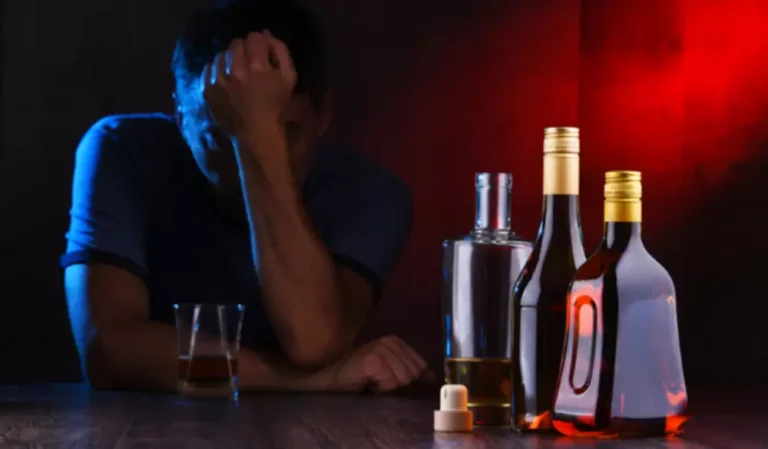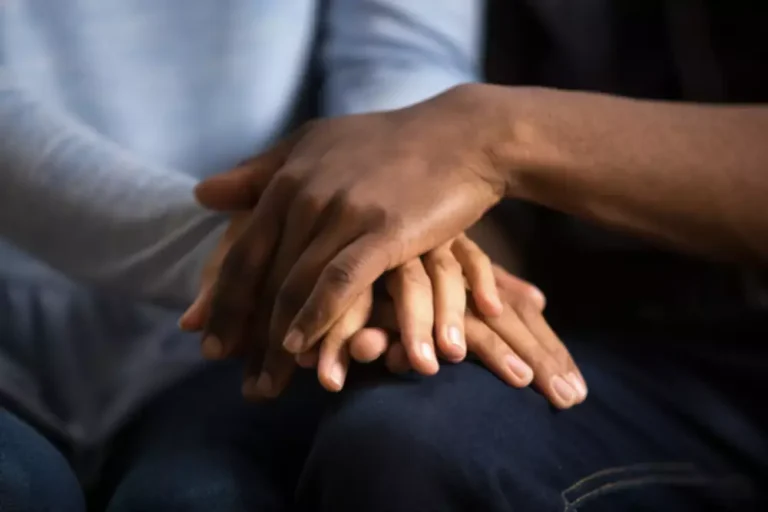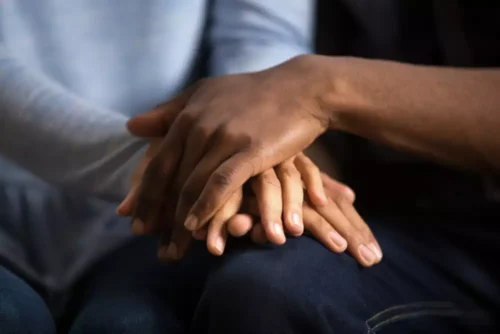
Your doctor may prescribe proton pump inhibitors or H2 antagonists to reduce the production of stomach acid. You may be able to treat small kidney stones by increasing your water intake, taking medication, or using home remedies. No content on this site, regardless of date, should ever be used as a substitute for direct medical advice from your doctor or other qualified clinician. Your urine passes into the ureters through a tubular structure called the renal pelvis. Drinking excessively will lead to excess production of urine that will affect the renal pelvis and cause pain. The pain usually goes away after you have expelled the excess urine.
Alcohol’s effect on kidneys
If you experience severe pain in kidney following alcohol beverage, this could be because you have damaged your kidneys. The pain can be severe or mild and usually affects the area around your upper back. Keep reading to learn more about the reasons why you experience pain after drinking. Drinking alcohol excessively affects a large number of human body parts, including the kidneys. Taking a little alcohol i.e. about one or two drinks and that too during special occasions does not have any serious effect. However, drinking alcohol everyday causes harm to an individual’s health.

How helpful was this content?
People who drink too much are more likely to have high blood pressure. And medications for high blood pressure can be affected by alcohol. More than two drinks a day can increase your https://ecosoberhouse.com/ chance of having high blood pressure. Alcohol can cause changes in the function of the kidneys and make them less able to filter your blood. In addition to filtering blood, your kidneys do many other important jobs.
What drinks are hardest on kidneys?

Alcohol can dehydrate your system and impair your kidney’s ability to function. Threats to proper kidney function lead to severe medical issues and negatively impact other body parts. Experiencing kidney pain after alcohol consumption could signal kidney issues. Yes, the areas around your kidneys may feel sore or uncomfortable after you drink alcohol. These areas include the back of your abdomen and under your rib cage on both sides of your spine. Excessive alcohol consumption can lead to gastritis, where the stomach lining becomes swollen or inflamed.
If you have a kidney infection, drink plenty of water and contact your doctor immediately. You can use heat or pain medication to reduce discomfort. Alcohol affects the kidneys' function to maintain water balance and electrolytes.4 This results in impaired kidney function and increases the risk of developing kidney stones. Avoid binge drinking, and drink plenty of water if drinking alcohol. People with chronic kidney disease should not drink alcohol at all, and they can speak to a doctor for help with quitting if they are finding it challenging. Kidney disease is a long-term condition where the kidneys lose their ability to filter blood and remove waste from the body.
- These hormones help stimulate red blood cell growth and regulate blood pressure.
- But, if you have only one kidney, you must live a healthy lifestyle.
- The NKF adds that most people in the United States who have both liver disease and kidney dysfunction are alcohol dependent.
- The pain usually goes away after you have expelled the excess urine.
Alcohol has diuretic alcohol and kidney pain properties that cause you to urinate more. This leads to dehydration, especially when you drink alcohol in excess. Even if you don't think you've been drinking excessively over the years, it is still a good idea to cut back on how much you've been drinking daily. Here are few tips to help you deal with your drinking problem and avoid pain. A treatment center will attempt to verify your health insurance benefits and/or necessary authorizations on your behalf. Please note, this is only a quote of benefits and/or authorization.

- If you have UPJ obstruction, you may have kidney pain after drinking alcohol.
- A little alcohol—one or two drinks now and then—usually has no serious effects.
- This can be due to alcohol causing an autoimmune reaction that causes this inflammation.
- In terms of alcohol’s effects on the kidneys, the National Kidney Foundation (NKF) states that drinking too much alcohol can harm kidney function and worsen existing kidney disease.
- Sometimes, UPJ will improve independently or be treated with a minimally invasive procedure.
- If you or anyone you know is undergoing a severe health crisis, call a doctor or 911 immediately.
See your doctor to treat kidney stones or a kidney infection if they are the cause. Hydronephrosis is the result of one or two swollen kidneys due to an accumulation of urine. A blockage or obstruction prevents urine from properly draining from the kidney to the bladder. This can cause the renal pelvis to become swollen or enlarged. You may experience flank pain and pain or difficulty during urination.

Liver or Kidney Disease
- For these reasons, it’s natural that when your kidneys have to work extra hard to rid the body of excess alcohol, you may experience pain.
- Taking steps to control your alcohol use and even stop drinking alcohol may help you optimize your kidney health and prevent future kidney problems.
- People with chronic kidney disease should not drink alcohol at all, and they can speak to a doctor for help with quitting if they are finding it challenging.
- PLUS, the latest news on medical advances and breakthroughs from Harvard Medical School experts.
- This is especially likely if your liver is impaired due to alcoholism.
In addition to managing alcohol intake, maintaining a healthy diet is essential for long-term kidney health. A diet rich in fruits, vegetables, and whole grains can help prevent kidney stones and reduce the risk of kidney disease. For some people, drinking too much alcohol can increase the risk of developing kidney stones. Alcohol can lead to dehydration, a major risk factor for kidney stone formation.
Comprehensive Guide to I-2 Pill: Uses, Dosage, Risks & More
- For many, these effects are not quite as obvious or dramatic as their effects on other organs.
- Because alcohol increases acidity, it irritates the lining of the bladder.
- While there is some conflicting data, the common consensus is that alcohol negatively affects your kidneys in several different ways.
When you drink alcohol, your kidneys play a vital role in filtering harmful substances from your blood. However, consuming alcohol in excess can impair kidney function, leading to various health problems. Alcohol’s effects on the kidneys are often linked to dehydration, increased blood pressure, and the excessive accumulation of toxins in the blood. Some sources state that excessive drinking may cause acute kidney injury, and there may be a link between regular heavy drinking and chronic kidney disease.
Get helpful tips and guidance for everything from fighting inflammation to finding the best diets for weight loss...from exercises to build a stronger core to advice on treating cataracts. PLUS, the latest news Drug rehabilitation on medical advances and breakthroughs from Harvard Medical School experts. This article on Epainassist.com has been reviewed by a medical professional, as well as checked for facts, to assure the readers the best possible accuracy.
